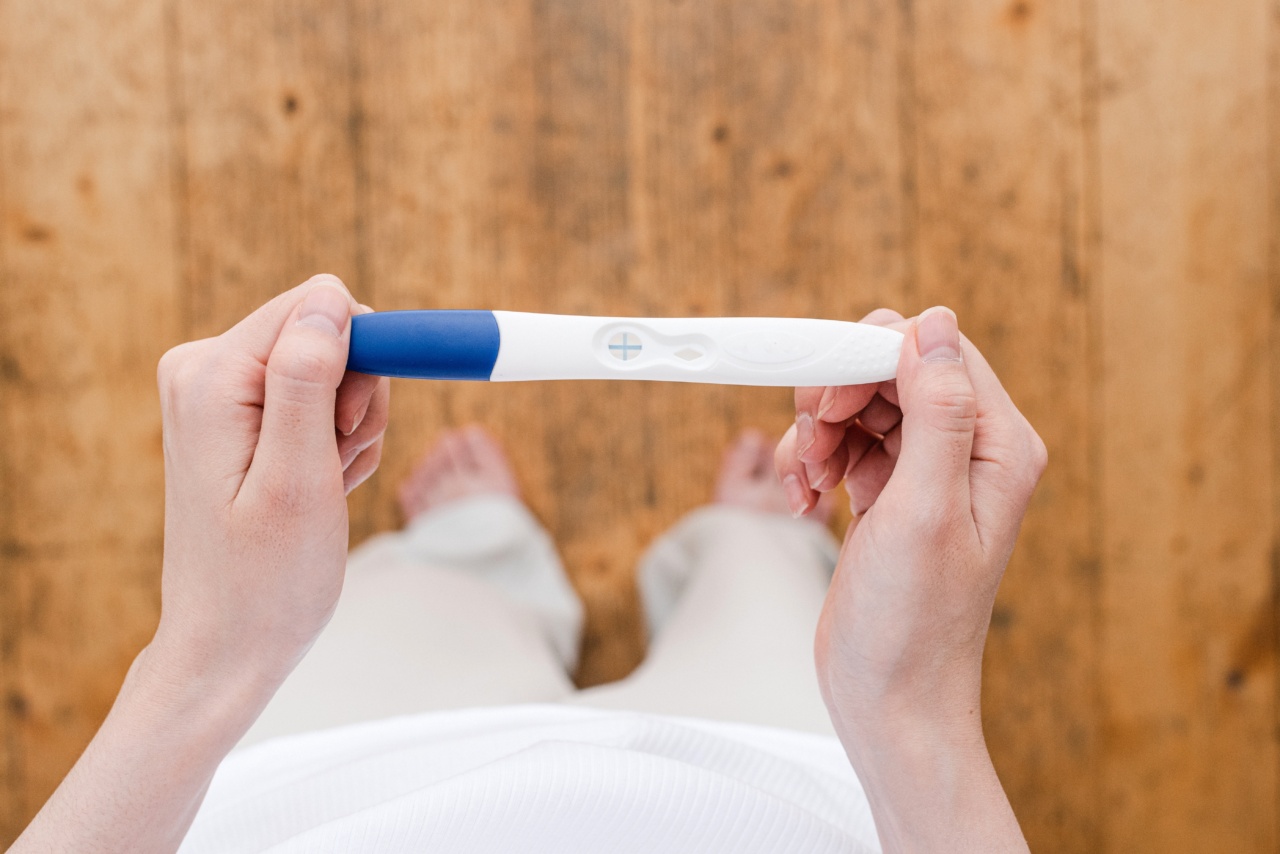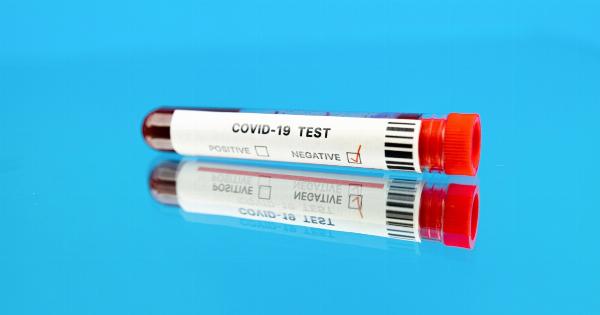Discovering that you’re expecting a baby can be an exhilarating experience. Whether you’re eagerly trying to conceive or the news comes as a surprise, a pregnancy test is often the first step towards confirming your suspicions.
However, what happens when a pregnancy test provides inaccurate results? False negatives or positives can cause confusion, anxiety, and frustration for many women. In this article, we will explore four common reasons for false pregnancy test results, shedding light on this perplexing issue.
1. Testing Too Early
One of the leading causes of false negative results is testing too early.
Even though many modern pregnancy tests claim to detect pregnancy as early as a few days before your missed period, the hormone hCG (human chorionic gonadotropin) might not be at a detectable level during those early stages. It is recommended to take the test at least a week after your missed period for accurate results.
2. Faulty Test Kit
Like any other product, pregnancy test kits can sometimes be faulty. Faulty test kits may yield false positive or negative results. While these instances are rare, they can happen.
To minimize the chances of using a faulty test kit, it’s advisable to purchase well-known and reputable brands.
3. Expired Test Kit
Pregnancy test kits have a shelf life, and using an expired one can result in false results. Over time, the chemicals that enable the test kit to detect hCG can deteriorate, making it less effective at giving accurate results.
Always check the expiration date before using a pregnancy test kit.
4. Medical Conditions and Medications
Various medical conditions and medications can interfere with the accuracy of a pregnancy test. Conditions such as polycystic ovary syndrome (PCOS) and ovarian cysts can produce false positive results due to elevated levels of hCG-like hormones.
On the other hand, certain medications, such as those used in fertility treatments, can interfere with hCG levels and lead to false negatives. If you have a known medical condition or are taking medication, consult with your healthcare provider to understand how it may impact your test results.
Conclusion
While pregnancy tests are generally reliable, false results can occur for various reasons. Testing too early, using a faulty or expired test kit, and having certain medical conditions or taking medications can all contribute to inaccurate outcomes.
It’s crucial to be aware of these factors and take them into consideration when interpreting your test results. When in doubt, it’s always best to consult with a healthcare professional for further guidance and clarification.































